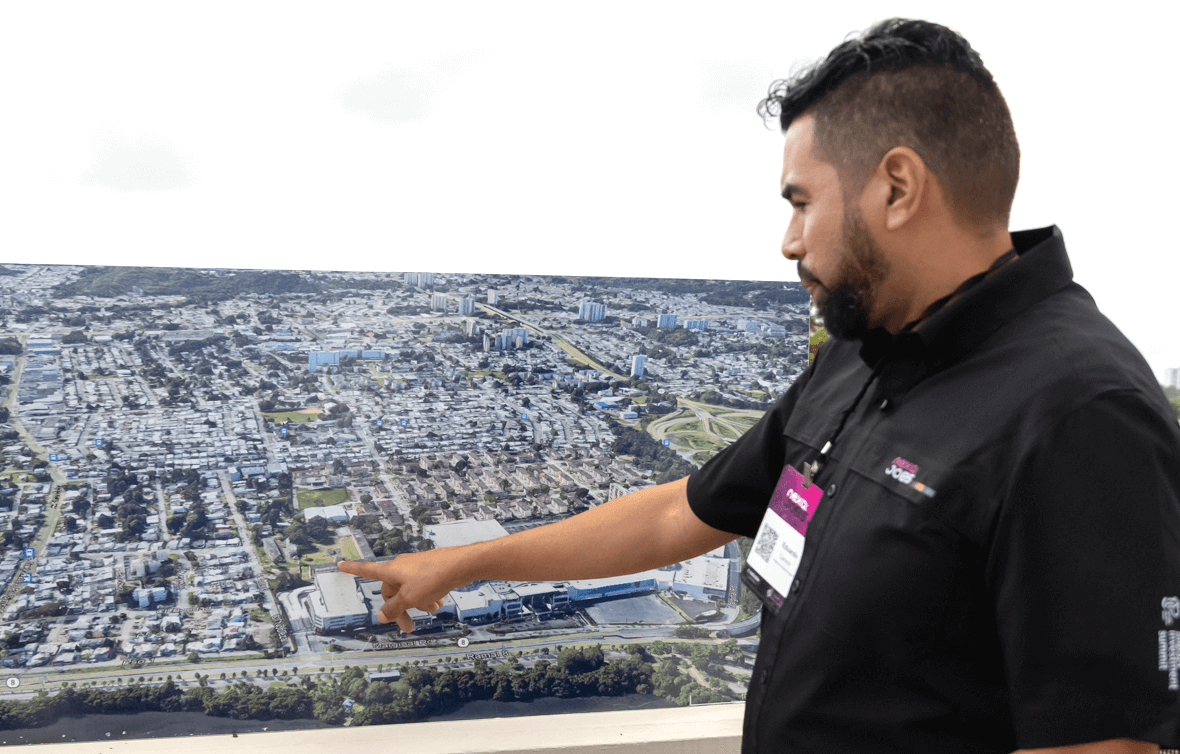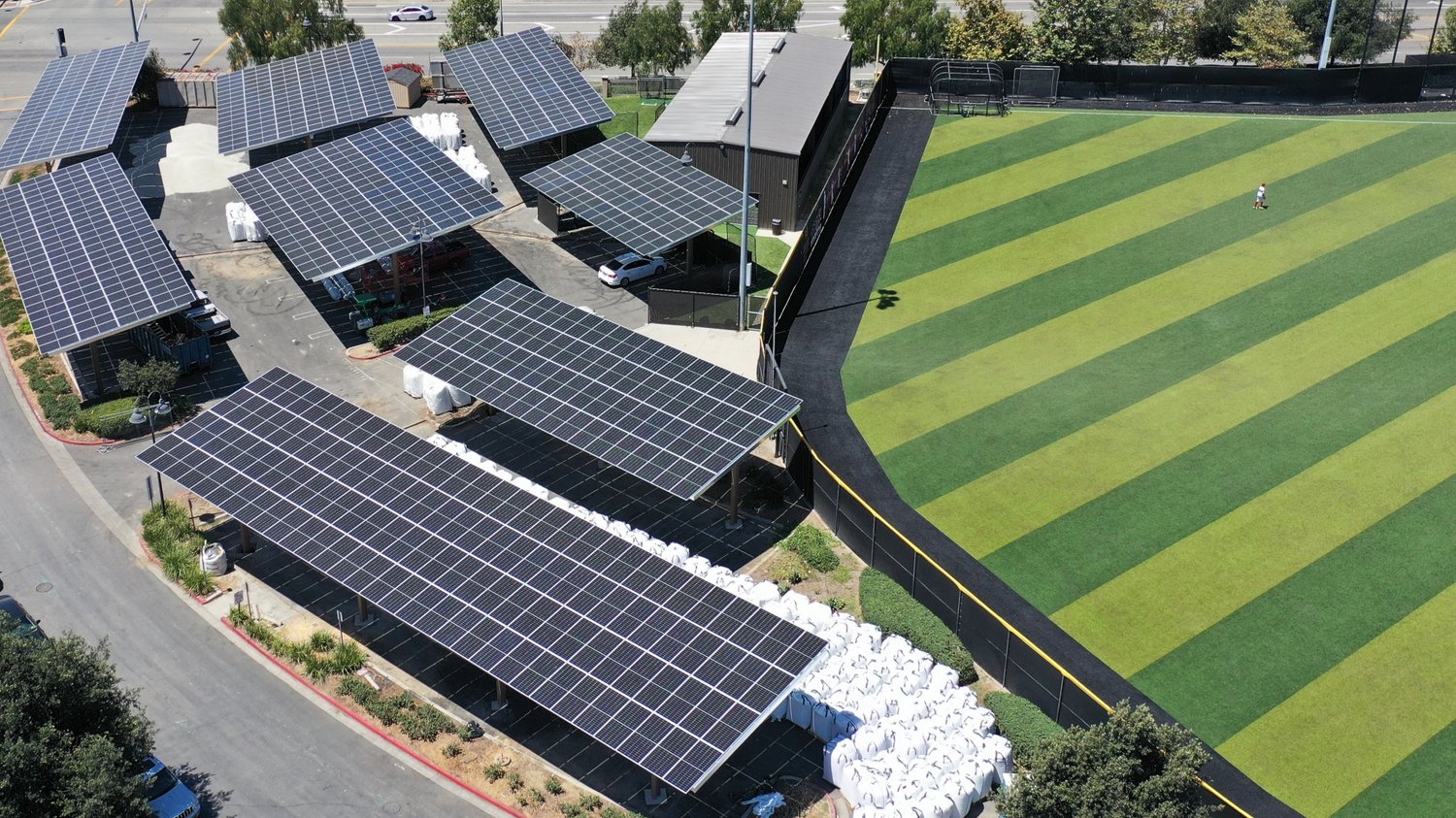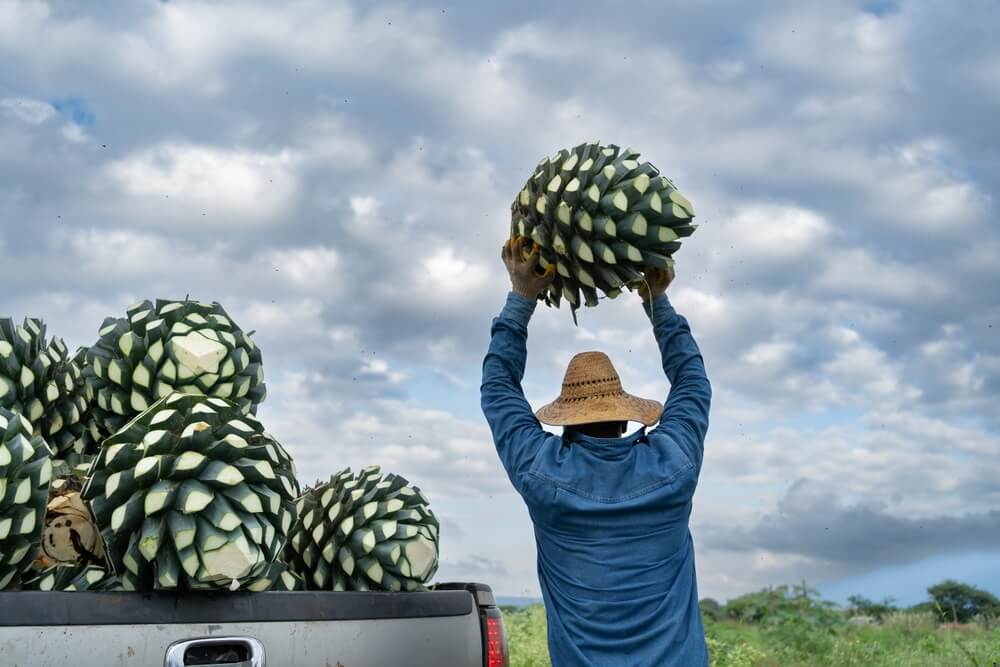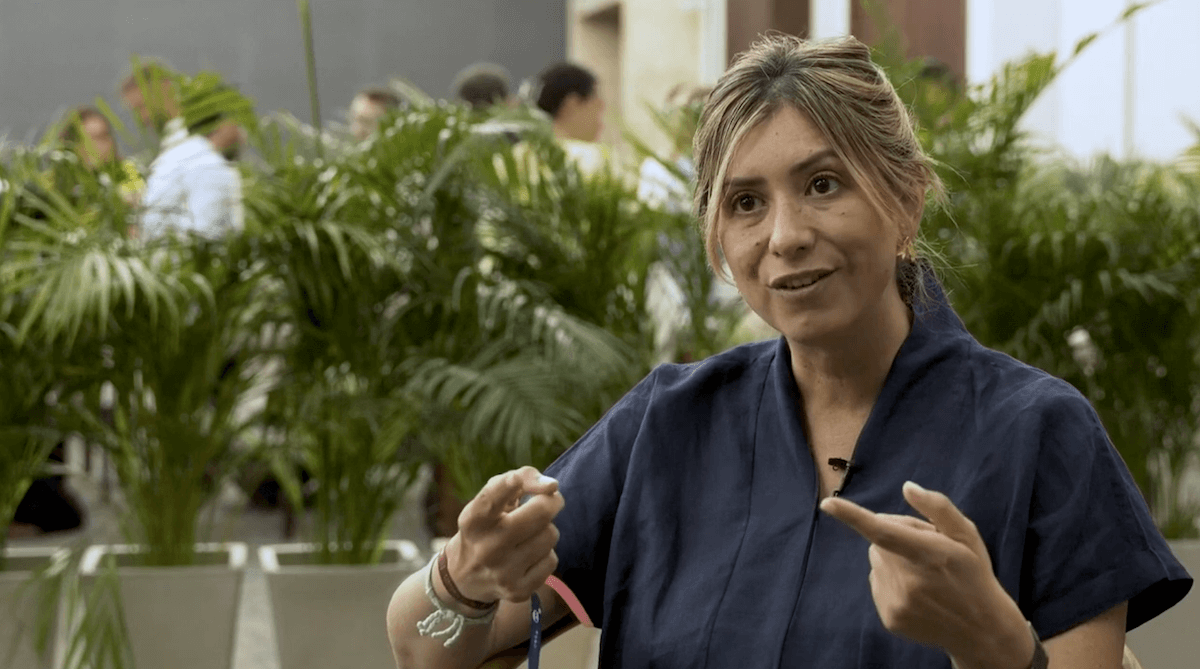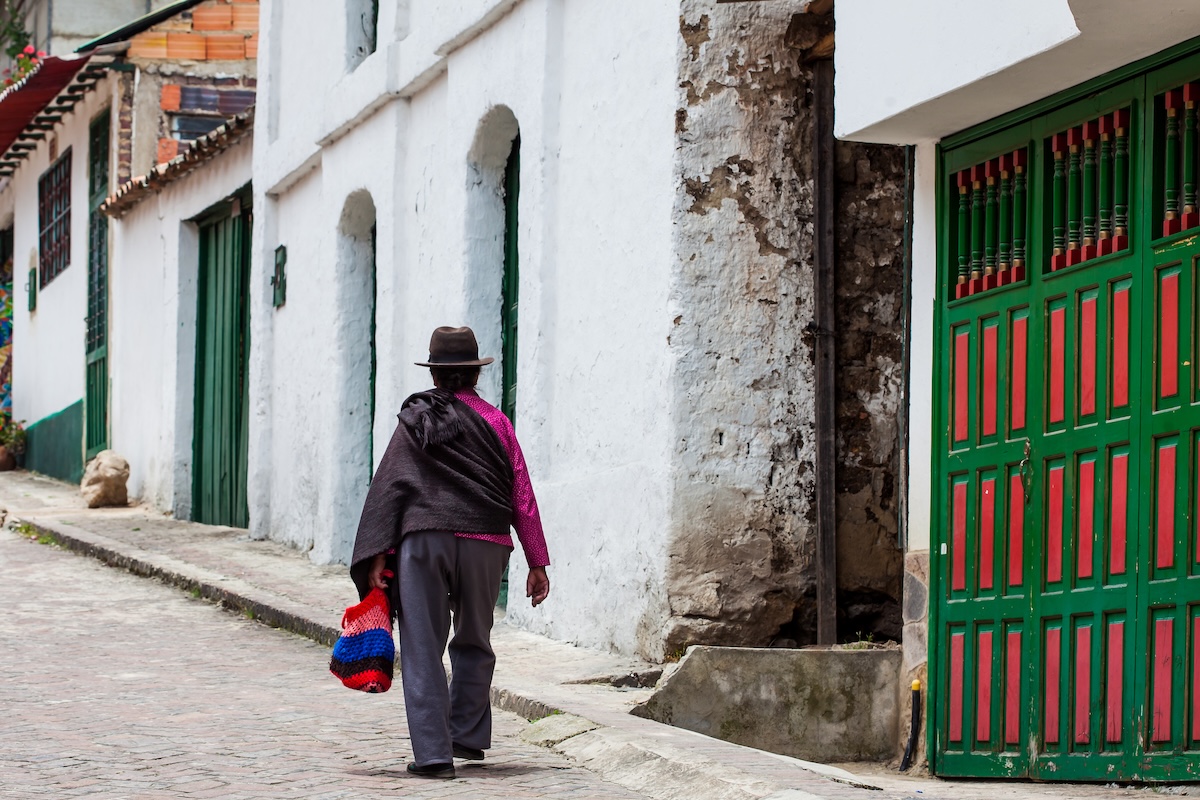Greetings, ImpactAlpha Readers!
Featured: Returns on Investment podcast
Institutional Shift: Long-term asset owners move to future-proof their portfolios. The same focus on financial returns that long made social and environmental issues irrelevant to major institutional investors is now making them very relevant indeed. “The disruption to your portfolio from climate, from technology, from population growth, from urbanization – that’s coming,” says Ashby Monk, executive director of Stanford’s Global Projects Center, which facilitates roundtables and consortia among pension, sovereign wealth and endowment funds and other major institutional asset owners. Monk joins Equilibrium Capital’s Dave Chen and ImpactAlpha’s David Bank as part of the Returns on Investment podcast series, “Institutional Shift.”
Institutional asset owners, both directly and through their managers, deploy vast flows of capital as long-term stewards for retirees, citizens, students and other stakeholders. “Long-term” is the operative word. In the podcast, Monk peers into the thinking of asset owners such as OP Trust in Canada ($20 billion), New Zealand Super ($27 billion) and Japan’s Government Pension Investment Fund (~$2.4 trillion) about climate, inequality and other risks. “The beauty of focusing on the asset owner community is that if you can even move them even one or two degrees off their north star, you’re going to move trillions of dollars,” Monk said.
Read on and listen in to, “Institutional Shift: Long-term asset owners move to future-proof their portfolios,” as part of ImpactAlpha’s podcast series, Institutional Shift. Download all of ImpactAlpha’s Returns on Investment podcasts.
Agents of Impact Conference Call No. 1, Thursday June 7
How much money is there in impact investing? Private equity. Corporate venture capital. Institutional capital. Does reality match the hype? Join ImpactAlpha’s David Bank and Dennis Price and other Agents of Impact on The Call, ImpactAlpha’s subscriber-only conference call, Thursday, June 7 at 1 pm ET / 10 am PT / 5 pm GMT. Register now. (Not yet a subscriber? Join us.)
Editor’s note: Yesterday’s newsletter incorrectly reported the total in the GIIN’s new tally of impact investing assets under management. The correct figure is $228 billion.
Dealflow: Follow the Money
Deal of the Day: Fig raises $2.6 million for nonprofit lending platform. The company, an alternative to payday lenders, launched a new product to help community organizations create lending programs. Get the details.
AgriProtein raises $105 million for sustainable animal feed. The Cape Town, South Africa-based company plans to use the money to build new factories. Read more.
Menterra backs FarmFolks to improve India’s smallholder farming supply chains. The company buys produce from smallholder farmers and distributes it to grocery retailers. Dig in.
Click here for more ImpactAlpha dealflow. Send deal tips and news to [email protected].
Signals: Ahead of the Curve
New index of Big Food’s sustainability leaders and laggards. Carbon emissions. Deforestation. Water. Antibiotic resitance. Worker and animal welfare. Food safety and waste. How companies mitigate such risk factors separates best-in-class meat and fish companies from potential stranded assets. The Coller FAIRR Protein Producer Index, from $5.9 trillion investor network FAIRR, attempts to provide transparency for investors in the multi-trillion-dollar food industry. The index includes grades for 60 of the largest global animal protein companies—worth $300 billion—on eight social, environmental and governance issues.
- Among the leaders. Tyson Foods has launched a $150 million in-house venture capital fund and backed alternative protein firmsMemphis Meats, Future Meat, and Beyond Meat. Norwegian firm SalMar is reducing emissions by 10% by 2020. Marine Harvest, also in Norway, aims to minimize antibiotic use by 2022.
- And the laggards. The index labeled 36 large meat and fish companies “high risk.” That includes suppliers to McDonalds and KFC, such as Chinese firm Fujian Sunner and Indian firm Venky’s. Sanderson Farms, the third largest poultry producer in the U.S., and Cal-Maine Foods also received poor grades.
- Investment risks. Nearly three-quarters of companies are “failing to manage climate risk.” Almost eight in 10 are labeled “high risk” for lack of action on antibiotic overuse.
The new index enables “capital markets to more easily identify which intensive farming companies are adequately managing material business issues such as food safety, working conditions and environmental impacts, and which companies are at risk,” says Imogen Rose-Smith, an investment fellow at the University of California, which manages over $120 billion of assets. Rose-Smith, of course, is better known to ImpactAlpha readers as a regular on ImpactAlpha’s Returns on Investment podcast.
Agents of Impact: Follow the Talent
CARE Enterprises, a for-profit subsidiary of CARE USA, and private equity firm Bamboo Capital Partners, are backing early-stage enterprises serving marginalized communities in Vietnam, Indonesia and Bangladesh… SOCAP 365 rolls into Austin, Texas, June 19. Tideline’s Amy Bell will moderate “Activating the Full Spectrum of Capital,” with Hanna Jamal of Social Finance, Clayton Bryan of 500 Startups, Hazoor Partners’s Darsh Singh and Scott Collier from Whole Foods Market… The Nonprofit Finance Fund is hosting a “Data for Change” webinar on their nonprofit sector survey on June 21… The Mass Tech Collaborative is hiring an executive director.
—June 5, 2018.





